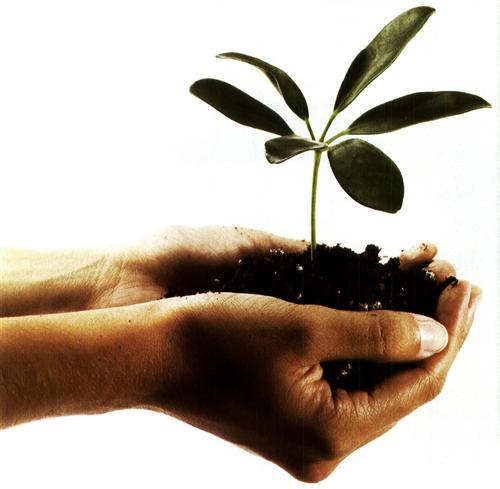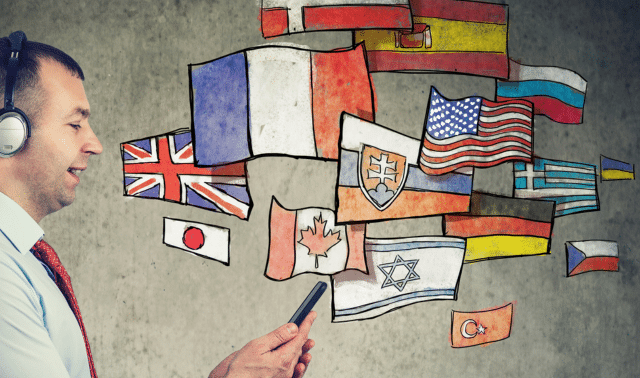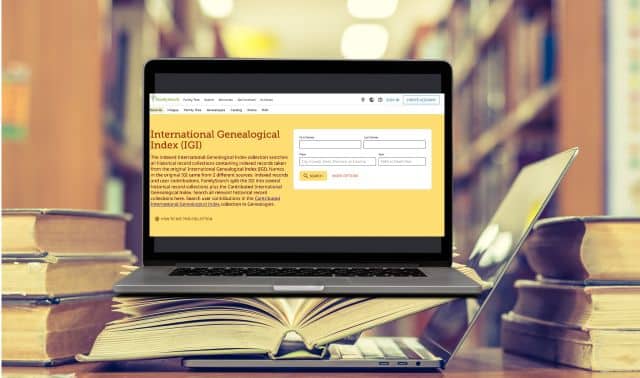
Volunteers make the genealogy world go ’round. Chances are you’ve gained from a charitable family history undertaking — perhaps an online obituary project, journal-article index or passenger-list transcription. Now it’s time to give back. National Make a Difference Day <www.usaweekend.com/diffday> is Oct. 23, so use the occasion — and the following ideas — for inspiration.
Do-gooders such as Molly Bell of Minden, La., are indispensable to long-distance genealogists. Through the Random Acts of Genealogical Kindness <www.raogk.org> Web site, Bell looks up public records, photographs tombstones and does other simple favors for faraway researchers with ancestors from her area. “I know how people feel to be stuck where they are, without any knowledge of the places their ancestors lived,” says Bell, who does at least one genealogical kindness per month. “I’m a sucker when it comes to giving someone a new connection with their past — it’s so fulfilling.” The Web site Books We Own <www.rootsweb.com/????bwo> works on a similar principle: It connects researchers seeking information from hard-to-get books with the books’ owners, who do lookups and e-mail their findings.
Taken for Granted
Got a genealogy pet project? Every month, Honoring Our Ancestors <www.honoringourancestors.com> Webmaster Megan Smolenyak Smolenyak awards a $200 to $250 grant to a society, library or individual who serves family historians.
“There’s a need that’s not being addressed,” Smolenyak says. “A grant a month doesn’t make a colossal difference, but each restored cemetery, set of rescued records or indexing project makes a difference…. It’s also a way for me to give back to the genealogical community and to honor my ancestors.”
Past recipients include an Indiana library’s record-indexing project, the DeadFred photo-reunion Web site <www.deadfred.com> and a Los Angeles family history teacher who wanted to purchase Tony Burroughs’ Black Roots for her teenage students.
The Virginia-based researcher favors innovative projects — those that are the first of their kind, entail collaboration among groups or use new technology. “A few I have pending involve using ground-penetrating radar in cemeteries,” she says. Visit the Web site to learn more.
Have you ever jumped for joy after finding Great-grandpa Philby’s gravestone inscription on a free Web site? Thank genealogy volunteers. USCenWeb <www.usgenweb.org>, a network of free genealogy sites covering nearly all US counties, organizes transcription projects for records from census rolls to obituaries. To learn more, go to the USGenWeb site and click Information for Volunteers. JewishGen’s Yizkor Book Project <www.jewishgen.org/yizkor> also needs volunteers to acquire, translate and post online the books that European Jews wrote to memorialize communities destroyed in the Holocaust. Or contact the Immigrant Ships Transcribers Guild <www.immigrantships. net> to help transcribe passenger lists.
Public libraries often have tight budgets and welcome volunteers willing to shelve books or help visitors use the collections. Marcia Ford, head of genealogy and local history services at the Kokomo-Howard County (Ind.) Public Library, says her volunteers transcribe newspaper records, clip obituaries, scan pages from school yearbooks and help patrons find genealogical materials. “We have a really active volunteer project right now to index materials such as marriage, probate and court records that are held by the clerk’s office.” Likewise, genealogical and historical societies use volunteers to care for manuscripts, give presentations and edit newsletters.



